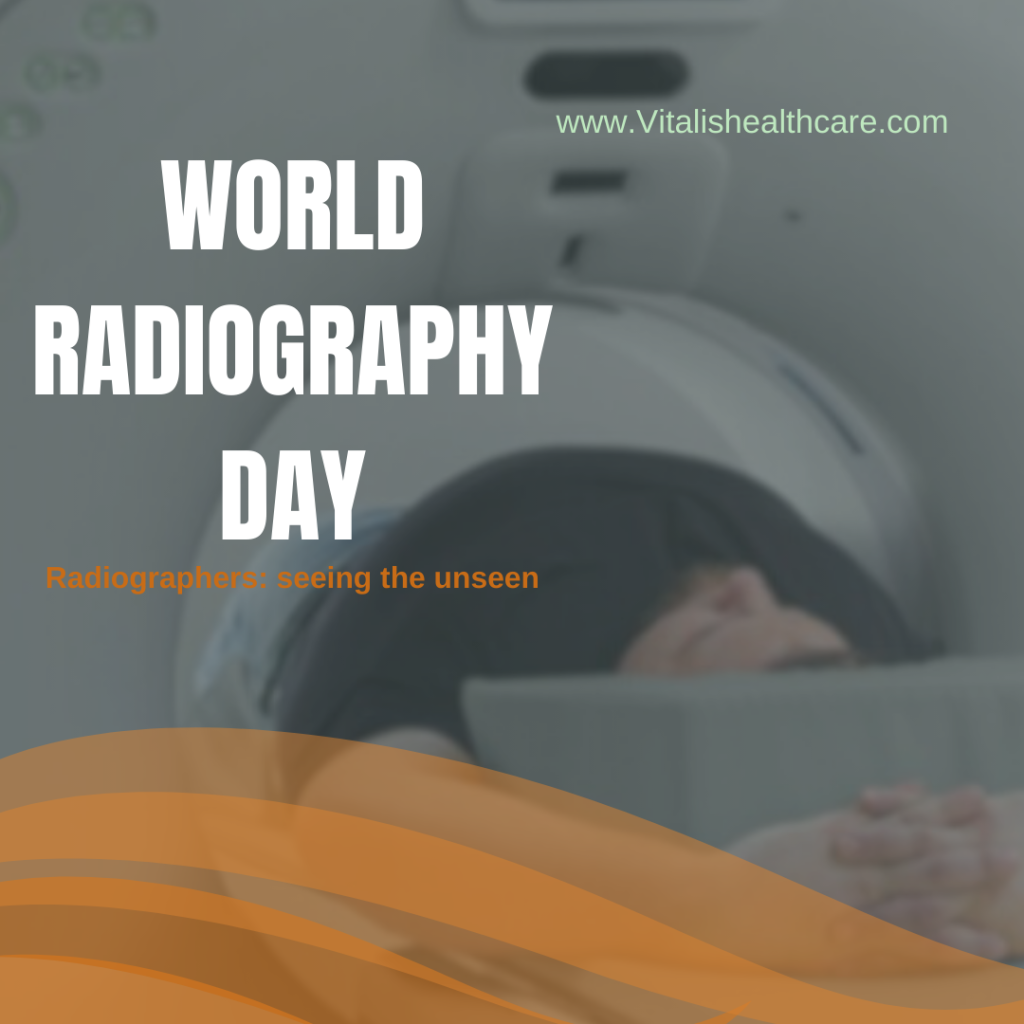As we grow older, the likelihood of developing cancer increases, making early detection essential for effective treatment. Understanding how this imaging technology can benefit older adults empowers them to take proactive steps in managing their health.
Radiography is a medical imaging technique that employs X-rays to examine the internal structures of the body. This method provides critical information that aids healthcare professionals in identifying abnormalities, including tumors and other potential signs of cancer. Common types of radiographic procedures include:
- X-rays: Effective for spotting issues in bones and certain organs.
- Mammography: A specialized X-ray designed for breast cancer screening.
- Computed Tomography (CT) Scans: Delivers detailed cross-sectional images of the body, helping to detect various cancers.
- Fluoroscopy: Offers continuous X-ray images that allow real-time observation of organs and systems.
Why Radiography is Essential for Seniors
Radiography is essential for a variety of reasons, some of which include;
- Early Detection: Many cancers can remain asymptomatic in their initial stages. Routine radiographic screenings can uncover these conditions before symptoms appear, leading to better treatment outcomes.
- Thorough Assessment: Radiography provides detailed images that assist doctors in evaluating the extent of cancer, enabling the development of tailored treatment plans.
- Minimally Invasive: Radiographic procedures are generally non-invasive and can be completed quickly, making them suitable for older adults.
- Progress Monitoring: Radiography is also vital for tracking the effectiveness of ongoing treatments, allowing healthcare providers to make necessary adjustments.
While radiography is a key tool for cancer detection, being aware of common symptoms can help prompt timely medical evaluations. Seniors should be attentive to:
- Unexplained weight loss: Significant weight loss without changes in diet or activity.
- Persistent fatigue: Chronic tiredness that doesn’t improve with rest.
- Changes in appetite: A marked decrease or increase in desire to eat.
- Unexplained pain: Ongoing pain in specific areas that worsens over time.
- Skin changes: New moles or alterations to existing ones, which can indicate skin cancer
At Vitalis Health Care, we recognize that accessing medical services can be difficult for seniors. Our home healthcare services include assistance in coordinating essential radiographic screenings and follow-up care, ensuring our clients receive comprehensive support throughout their healthcare journey.
If you or a loved one is a senior who hasn’t had regular cancer screenings, now is the time to take action. Contact Vitalis Health Care today to learn more about our home healthcare services and how we can help you access crucial radiographic screenings.
Phone Number: 240.716.6874
Email: info@vitalishealthcare.com
Location: We provide our services in every county in the State of Maryland, United States of America.
8757 Georgia Avenue Suite 440 Silver Spring, MD 20910


